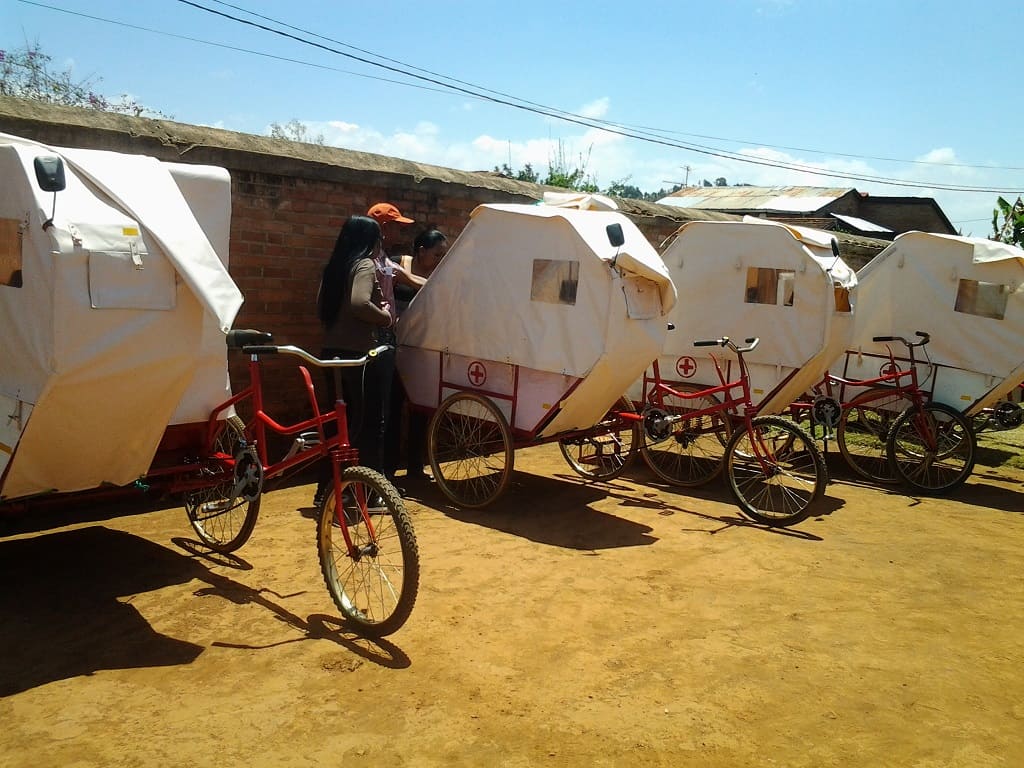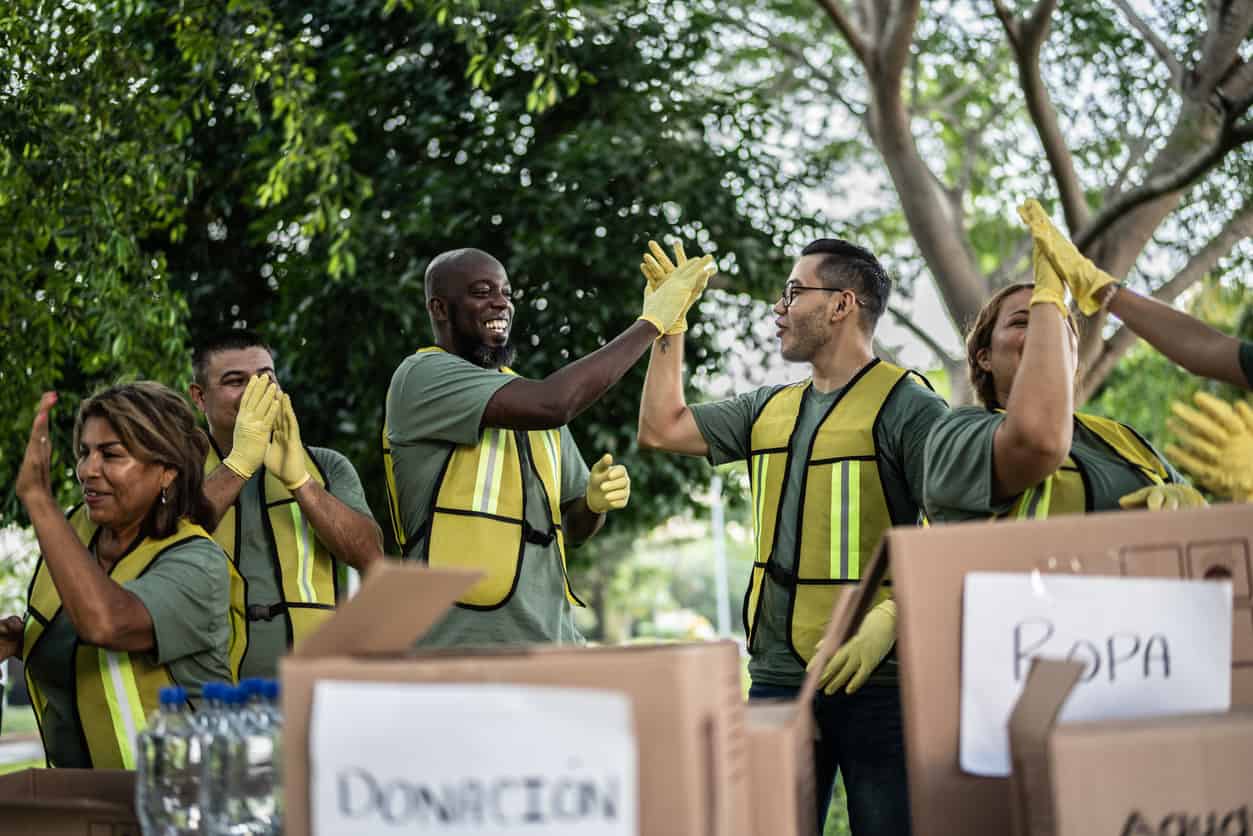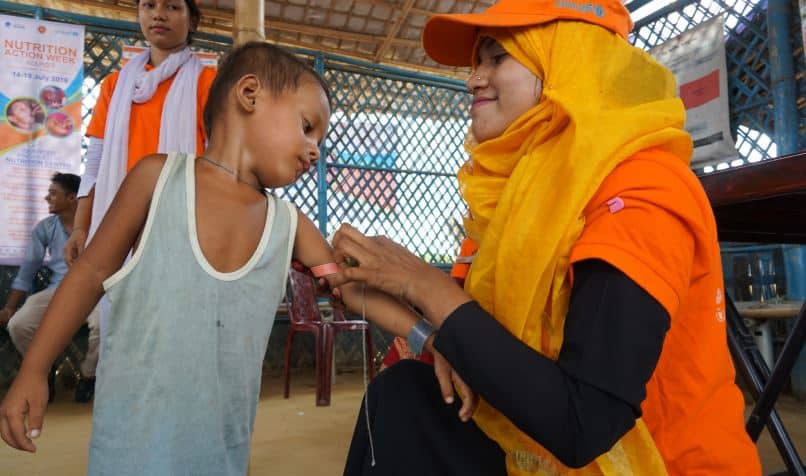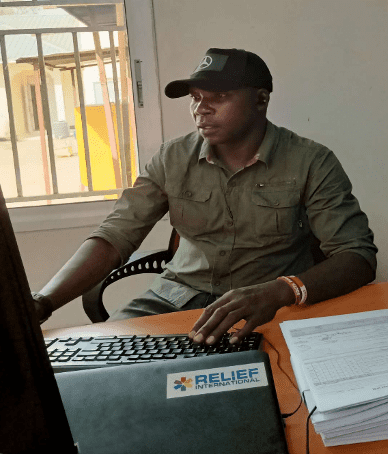 Natural disasters, disease outbreaks, terrorist attacks, and political unrest can derail health systems, overwhelming providers and disrupting care for entire communities. Because the best time to respond to an emergency is before it actually happens, we work with public health providers and governments at all levels to strengthen health systems to prepare for catastrophic events.
Natural disasters, disease outbreaks, terrorist attacks, and political unrest can derail health systems, overwhelming providers and disrupting care for entire communities. Because the best time to respond to an emergency is before it actually happens, we work with public health providers and governments at all levels to strengthen health systems to prepare for catastrophic events.
Because we are on the ground in more than 40 countries, we can mobilize quickly to respond to natural or man-made disasters including earthquakes, floods, infectious disease outbreaks such as COVID, Monkeypox, Ebola, measles, and the plague, and broader social disruption due to armed conflicts and political upheaval. Through our large in-country programs, we provide coordination, management, and critical support before, during, and after catastrophes occur.
We facilitate collaboration between the humanitarian, development, and health sectors to build, restore, strengthen, and maintain strong health systems and promote global health security.

 Natural disasters, disease outbreaks, terrorist attacks, and political unrest can derail health systems, overwhelming providers and disrupting care for entire communities. Because the best time to respond to an emergency is before it actually happens, we work with public health providers and governments at all levels to strengthen health systems to prepare for catastrophic events.
Natural disasters, disease outbreaks, terrorist attacks, and political unrest can derail health systems, overwhelming providers and disrupting care for entire communities. Because the best time to respond to an emergency is before it actually happens, we work with public health providers and governments at all levels to strengthen health systems to prepare for catastrophic events.


